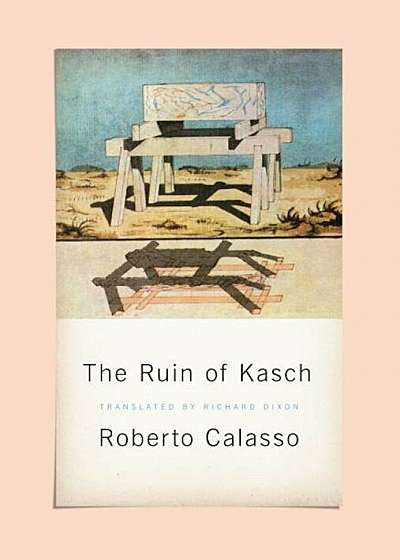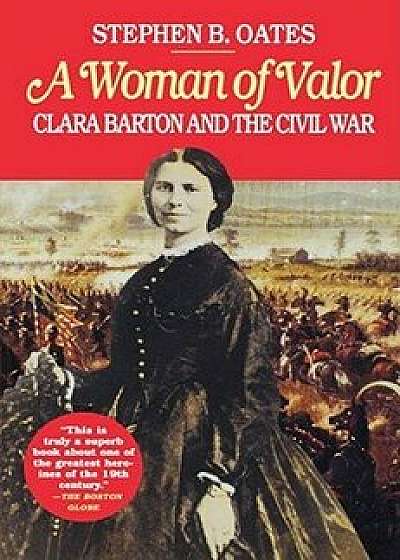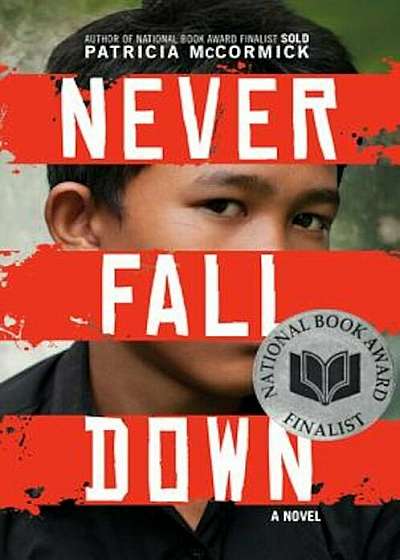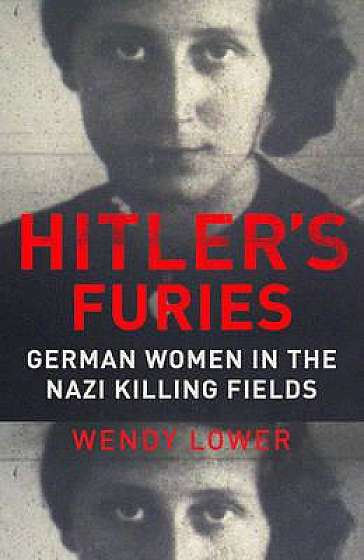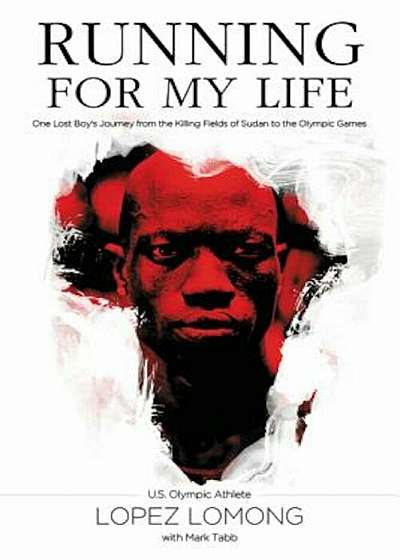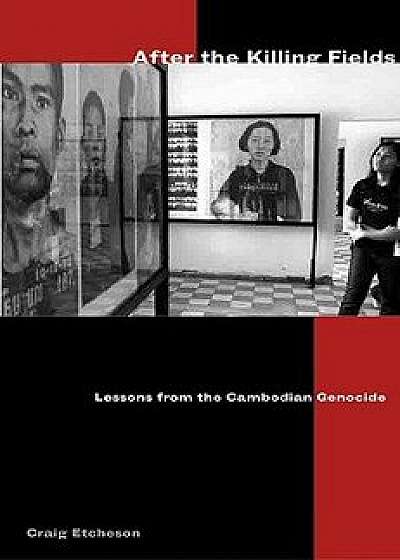
After the Killing Fields: Lessons from the Cambodian Genocide/Craig Etcheson
Descriere
"In spite of all the hand-wringing over the international community's failures to stop past crimes against humanity, we have not yet developed a consistent approach to the aftermath of these crimes. A sort of 'cottage industry devoted to denying that the Khmer Rouge committed any crimes' has appeared in Cambodia, as Craig Etcheson explains in After the Killing Fields, and a new generation of Cambodians is growing up in a society where perpetrators of unbelievable evil walk free." Times Literary Supplement"Craig Etcheson is well known internationally as an expert dedicated to documenting the bitter harvest of the Khmer Rouge's grip on the Cambodian people, 1975-1978, and to evaluating its enduring aftermath. . . . After the Killing Fields is a thorough insider's description of the Documentation Center of Cambodia's valuable work. More importantly, the book probes the culture of impunity and enhances our understanding of this extraordinarily complex issue. It is a major contribution to genocide studies, as well as an eloquent tribute to the Cambodians who suffered under the Khmer Rouge." Frederick Z. Brown, H-Genocide New findings show that the death toll from the Cambodian genocide was approximately 2. 2 million about a half million higher than commonly believed. Despite regular denials from the surviving leaders of the Khmer Rouge, in After the Killing Fields Craig Etcheson demonstrates not only that they were aware of the mass killings, but that they personally managed and directed them. This book details the work of Yale University s Cambodian Genocide Program, which laid the evidentiary basis for the forthcoming Khmer Rouge Tribunal. The book also presents the information collected through the Mass Grave Mapping Project of the Documentation Center of Cambodia and reveals that the pattern of killing was relatively uniform throughout the country. Detailing the struggle to come to terms with what happened in Cambodia, Etcheson concludes that real justice is not merely e
